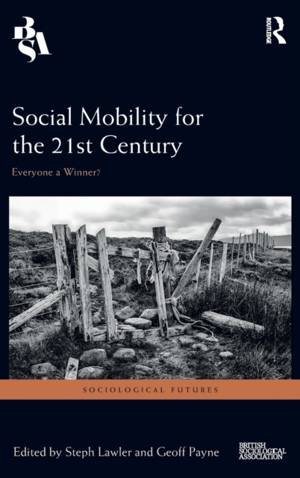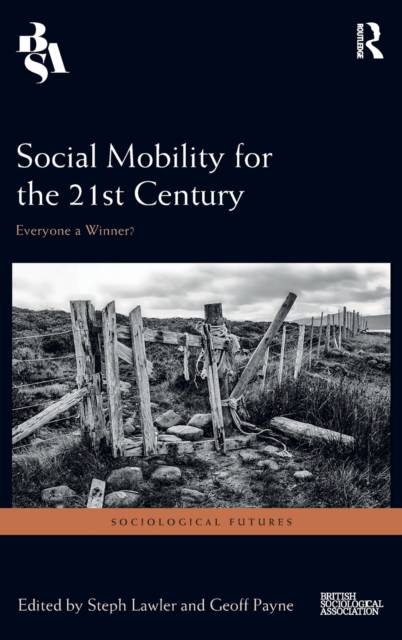
- Retrait gratuit dans votre magasin Club
- 7.000.000 titres dans notre catalogue
- Payer en toute sécurité
- Toujours un magasin près de chez vous
- Retrait gratuit dans votre magasin Club
- 7.000.0000 titres dans notre catalogue
- Payer en toute sécurité
- Toujours un magasin près de chez vous
Description
Social Mobility for the 21st Century addresses experiences of social mobility, and the detailed processes through which entrenched, intergenerationally transmitted privilege is reproduced. Contributions include (but are not limited to) family relationships, students' encounters with higher education, narratives of work careers, and 'mobility identities'. The book intends to challenge both the framework of the more traditional approach, and the politicisation of mobility which casts 'mobility' as a possession, a commodity or a character trait, and threatens to castigate the 'non-mobile' as carrying a personal responsibility for their situation.
This book presents critical analyses of routes into social mobility, the experience of social mobility, and the political and social implications of social mobility's 'panacea' status. Drawing on the work of established scholars and more recent entrants, the chapters offer a fresh look at social mobility, opening up the topic to a wider readership among the profession and beyond, and stimulating further debate. This book will appeal to higher level students and scholars of sociology alike, as well as having a broad cross-disciplinary appeal.
Spécifications
Parties prenantes
- Auteur(s) :
- Editeur:
Contenu
- Nombre de pages :
- 198
- Langue:
- Anglais
- Collection :
Caractéristiques
- EAN:
- 9781138244894
- Date de parution :
- 18-01-18
- Format:
- Livre relié
- Format numérique:
- Genaaid
- Dimensions :
- 156 mm x 234 mm
- Poids :
- 458 g

Les avis
Nous publions uniquement les avis qui respectent les conditions requises. Consultez nos conditions pour les avis.






